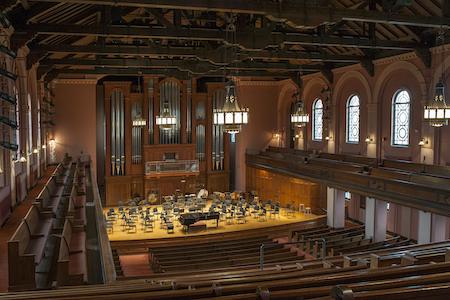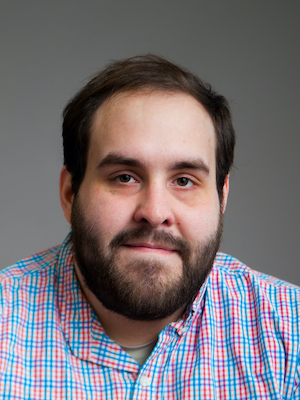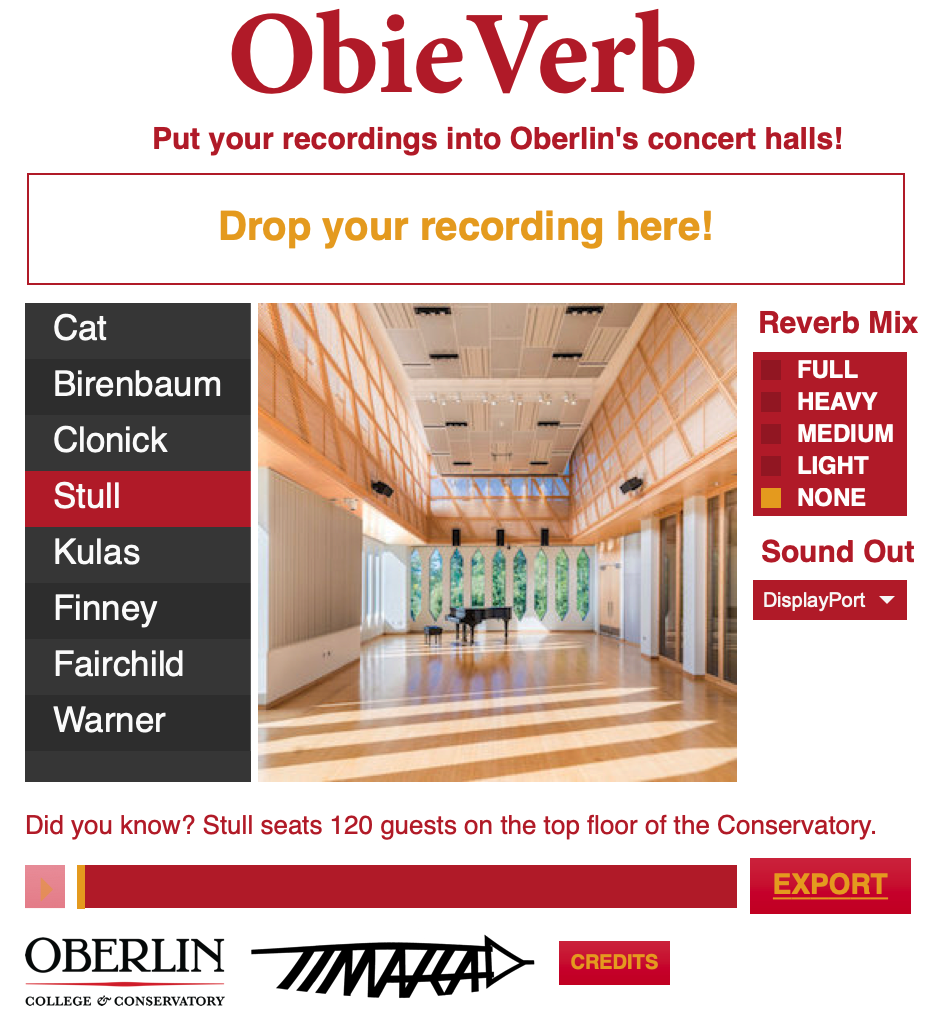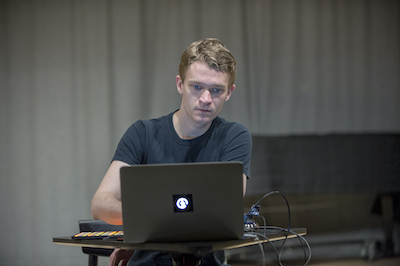by Jarrett Hoffman

“It was kind of spooky,” Andrew Tripp said during a recent conversation. Tripp is co-director of the Recording Arts and Production program at Oberlin Conservatory, as well as the associate director of Audio Services.
In early April, he made his way from one performance venue to the next on the mostly vacant campus. Armed with a two-way speaker, omnidirectional microphones, and a portable recorder, his goal was to “sonically document” each space, which involved the playing and recording of both music and a 30-second frequency sweep.
It was an idea Tripp had been cultivating for a few years, but one that was now more relevant than ever: with students unable to visit Oberlin’s halls, the halls could come to the students.

With Tripp’s data in hand, TIMARA (Technology in Music and Related Arts) professor Eli Stine created ObieVerb, an app for MacOS that invites you to upload your own recorded music and hear what it would sound like in eight campus venues.

One of Stine’s students, a member of the a cappella group The Obertones, has already made good use of ObieVerb for an album the ensemble is mixing remotely. “My student took the recordings they made and put them through this app,” Stine said. The response from members of the group was that it sounded like the recordings they had made when they were on campus. “It was pretty cool to get that feedback on it.”
Another possibility for the app? Stine has spoken to at least one instrumental professor about how ObieVerb could be incorporated into the workflow of their studio. (Some students have been making recordings and sending them to their teachers as part of their private lessons.)
For the many students who have had to cancel their long-awaited junior or senior recitals, ObieVerb might also provide a connection to the hall where they had planned to perform. And perhaps, Tripp noted, the Conservatory’s Audio Services department could put a recital recording in their archive with some of that acoustic influence included. “We certainly want to ask before we just do it, but it’s nice to have that flexibility,” he said.

“Even if it’s with an iPhone, the difference between twelve feet away and two inches away is huge in terms of quality,” Stine said. “The closer it is, the less of the reverberant sound of the space you’re getting.”
Beyond the app, Tripp has gotten a number of emails requesting the data itself, especially from people excited to experiment with the possibilities of Fairchild Chapel. Pointing out that venue’s unique acoustic, Tripp recalled a senior recital he heard last year that involved eight speakers. “Because it’s a fairly small, stone space, things were bouncing off of walls and coming back at you in kind of unexpected ways,” he said. “It’s more of a 3-D sound than some of the other spaces.”
On a playful note, ObieVerb raises an important question: what strange or embarrassing sounds would you make if you had the chance to be alone in one of Oberlin’s halls? Would you shout, or scat? Would you yodel, letting it reverberate around each corner of the room?
“Well,” Tripp said, “now you can record yourself doing that and know exactly what it sounds like.”
Note: if your Mac disagrees with opening ObieVerb, follow these instructions from Apple.
Published on ClevelandClassical.com April 28, 2020.
Click here for a printable copy of this article


